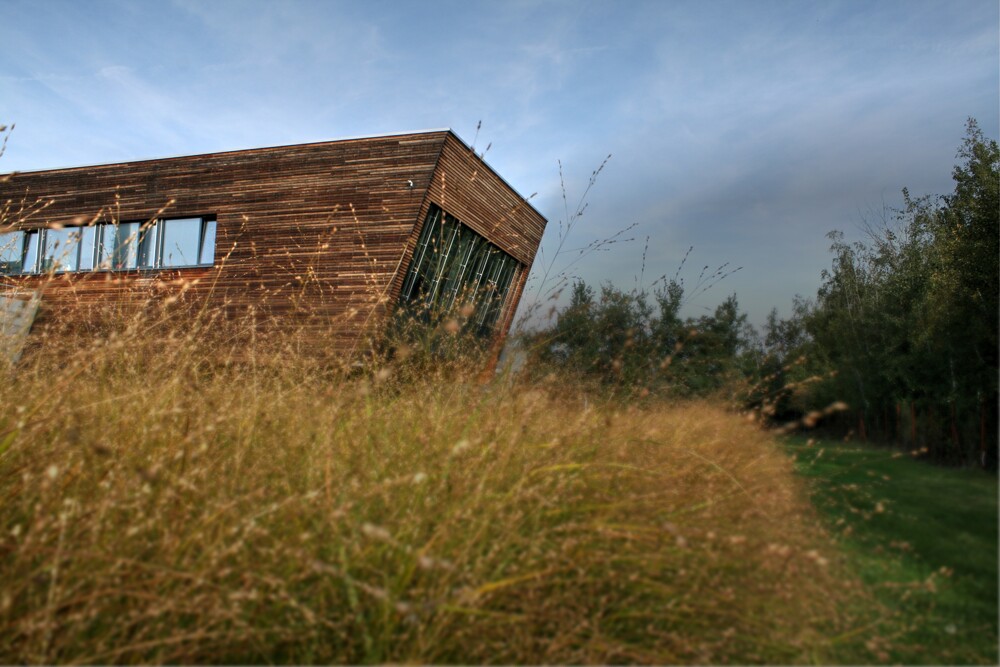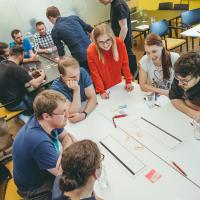

In addition to representatives of many technical professions, psychologists and sociologists participate in the professional activities of the University Center for Energy Efficient Buildings of CTU. It may sound rather strange to some, but the involvement of experts from social sciences in the work of a research institution focused on sustainable construction has a very good justification.
Our psychological-sociological team focuses on users of energy-efficient technologies or buildings. It primarily examines their opinions and needs, including the general impacts of different solutions. He sometimes conducts user research and participatory planning. In other projects, he prepares functional building specifications or strategic documents for cities in the Smart City area.
As part of user research, psychologists and sociologists apply various methods of obtaining information, whether it is surveys, individual or group interviews or visual approaches, such as feeling maps (with their help, respondents show the interviewers which places in their surroundings they are proud of, where they go to relax and do sports, or where, on the contrary, they do not feel comfortable and safe, where they think parking is bad, etc.). Our team always tries to choose the most suitable method with regard to the target group and the purpose of the project, as was the case when preparing the renovation of the health center in Munich.
It also often uses other methods of participation, which is, simply put, the involvement of residents in decision-making. This is especially useful when creating a functional specification for buildings, when our team first maps the current operation (who moves where, what activities they perform, what they need, etc.) and then suggests improvements. When designing new buildings, he creates this specification completely from scratch.
In addition to the preparatory stages in the construction of public buildings and the extensive Smart City area, it also deals with other topics such as public spaces and sustainable construction. He also works on less technical projects, for example on innovations in social services or the creation of applications for people with mobility restrictions, such as the new plánovač tras. In recent years, he has also managed to develop cooperation with companies dealing with local energy and energy production from renewable sources.
In short, as representatives of the social sciences, our psychologists and sociologists are everywhere where people and technology meet to create technically great and user-friendly solutions.